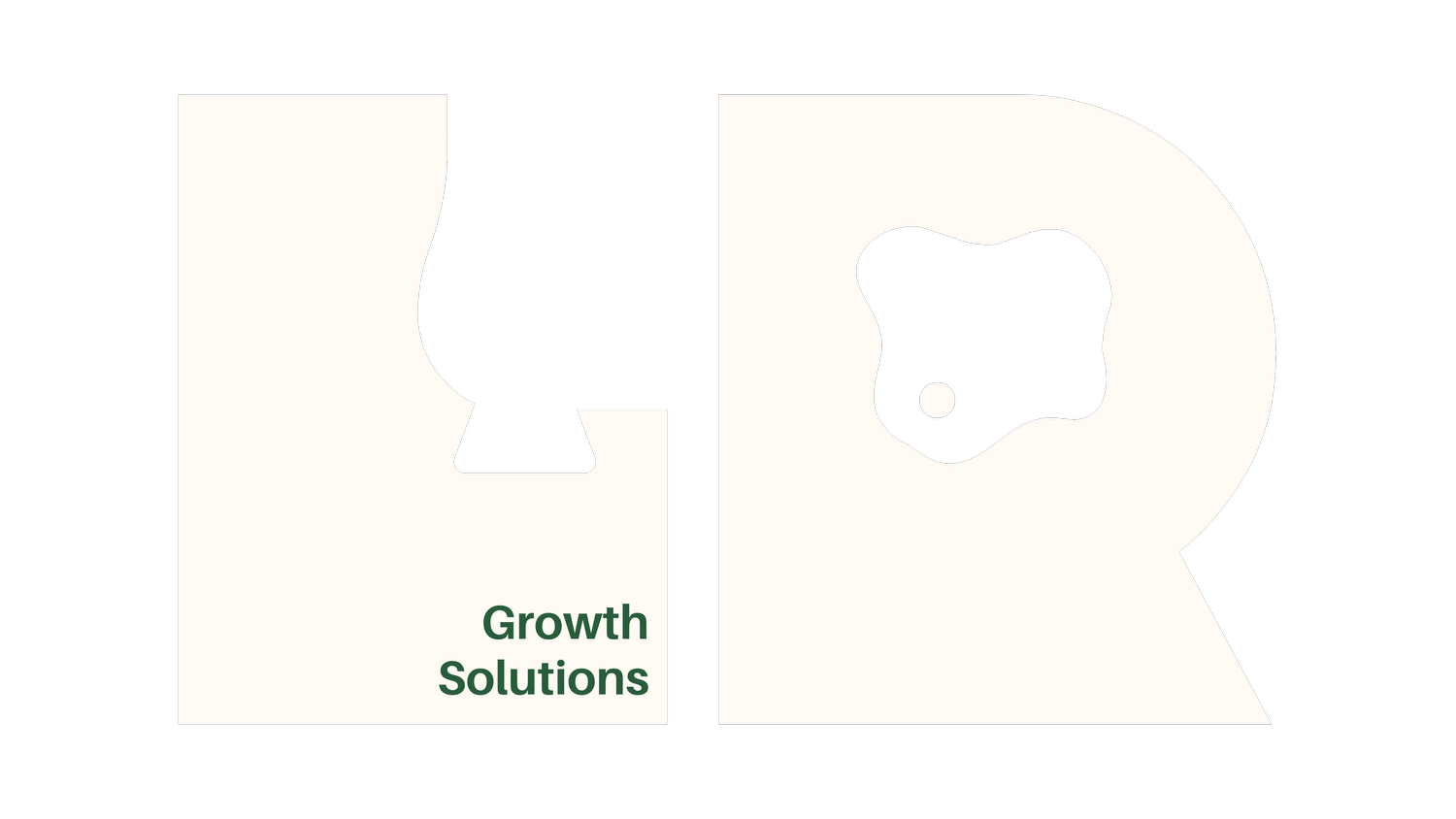Leveraging AI and Staff Upskilling to Improve F&B Retention and NOI
Client Profile
A five-star urban hotel in Singapore with 300 rooms, multiple F&B outlets, and a reputation for impeccable service. Despite a strong brand presence, the hotel faced rising staff turnover (22% annually), especially among housekeeping and front-of-house staff. Wage inflation, coupled with the cost of hiring and training replacements, was significantly eroding NOI.
Challenge
The hotel faced three critical challenges:
High Turnover and Recruitment Costs: Continuous rehiring was expensive and disrupted service quality.
Lack of Career Development: Many employees, particularly junior staff, felt they had limited opportunities for growth.
Operational Inefficiencies: Manual scheduling and guest-service coordination were consuming excessive staff hours.
Market Insights
Research from the International Journal of Contemporary Hospitality Management (2024) highlights that career development initiatives combined with AI-supported operational tools result in a 25% improvement in staff retention. Shift changes also enable opportunistic team members to wash their hands of their responsibilities in the knowledge that the responsibility will befall their “back-to-back”. Therefor, AI-driven workload distribution significantly reduces burnout, enabling hotels to achieve up to 10–15% savings on operational labor costs while increasing employee morale.
A recent study in Cornell Hospitality Quarterly (2025) also emphasizes that employees who receive regular training and technology support show 40% higher job satisfaction, leading to improved guest experience scores and stronger NOI performance.
LR Growth Solutions Approach
AI-Driven Operations
We implemented AI-based scheduling and task management software to:
Optimize shift patterns based on booking forecasts and occupancy data.
Automatically allocate tasks (housekeeping, concierge requests) according to staff strengths and availability.
Provide real-time task adjustments during unexpected changes (e.g., early check-ins or late check-outs).
Staff Upskilling & Career Pathways
A comprehensive training program was launched, designed to future-proof the workforce:
Digital Skills Training: Employees were trained to use AI systems, giving them confidence and reducing resistance to technology.
Cross-Functional Upskilling: F&B staff learned basic guest-relations skills, while front desk staff were trained on light event management—creating versatility and career growth.
Leadership Tracks: We introduced mentorship and “fast-track” programs for high-performing staff to move into supervisory roles within 12 months.
Recognition and Motivation Programs
In tandem with AI and upskilling, we established monthly recognition awards and performance-based incentives, leveraging AI analytics to track individual and team performance metrics.
Results & Impact
Retention Gains: Staff turnover dropped from 22% to 12% within 12 months, saving an estimated SGD $300,000 in annual recruitment and training costs.
NOI Improvement: Labor cost efficiencies and reduced turnover collectively improved NOI by 8% year-on-year.
Staff Satisfaction: Internal surveys showed a 35% increase in job satisfaction, with employees citing career pathways and tech-enabled workload management as key factors.
Enhanced Guest Experience: Guest review scores improved by 15%, largely due to more consistent service delivery.


